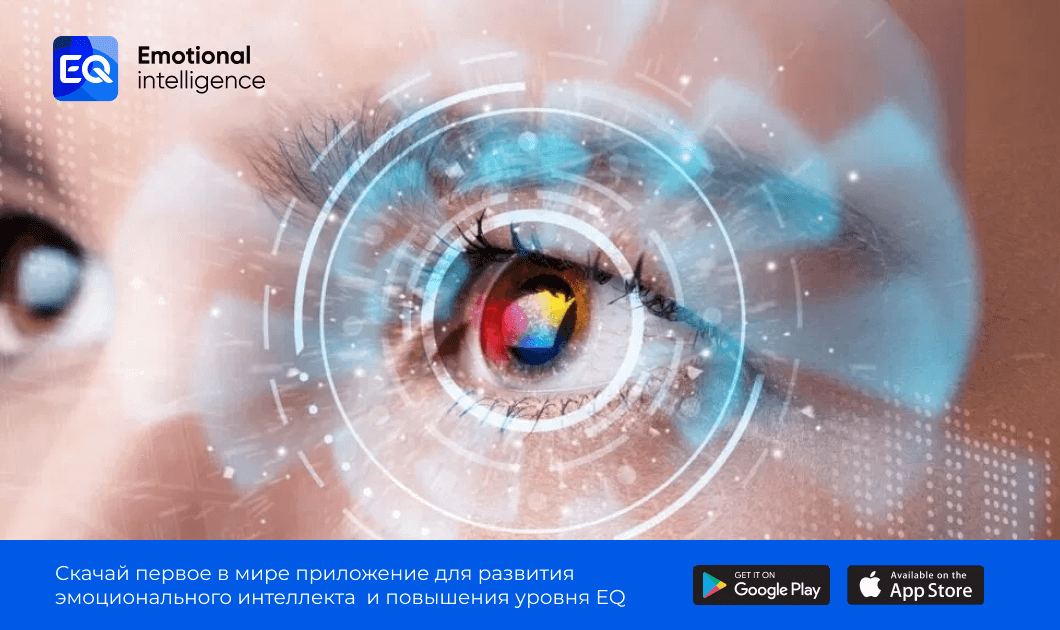Emotion and perception: How our emotions change the way we see the world
Emotion and the “chicken-or-the egg” paradox
Our emotions impact how we perceive and respond to the world around us; how we interpret and, subsequently, judge the actions of others. We rarely seek to challenge why we’re feeling a particular emotion. Instead, we seek ways to confirm that emotion, making it easier to defend our reaction(s). In other words, we evaluate events in way that is consistent with the emotion we felt, allowing us to continue experiencing that emotion.
Emotion and perception: How feelings can lead to biased conclusions
This very common psychological phenomenon, referred to as “emotional bias”, occurs on a subconscious level which makes it that much harder for any of us to combat. In many situations, emotional biases may help focus our attention to quickly guide our decisions about how to respond to a problem as well as understand what’s at stake.
Unfortunately, it can also create additional problems for us. When we are gripped by an emotion, we discount (or completely ignore) knowledge we already have that could serve to disconfirm the emotion we are feeling, the same way we tend to discount or ignore any new information coming to us that doesn’t align with our emotion. In other words, the same mechanism that guides and focuses our attention can distort our ability to deal with both new information and knowledge already stored in our brain.
Selective availability during emotional bias
Suppose someone is angry, perhaps even furious, about having just been insulted in public. For the duration of his or her furious episode, it will be particularly difficult for that person to consider whether what was said was actually meant as an insult. Past knowledge about that person and about the nature of insults will be only selectively available. Only that part of the knowledge that supports the fury will be remembered, not that which word contradicted. If the insulting person explains or apologizes, the furious person may not immediately incorporate this information (the fact of an apology) in his behavior.
Emotional refractory period
For a while, we are in a refractory state, during which time our thinking cannot incorporate information that does not fit, maintain, or justify the emotion we’re feeling. This refractory state may be of more benefit than harm if it is brief, lasting for only a second or two period in that short window it focuses our attention on the problem at hand, using the most relevant knowledge that can guide our initial actions, as well as preparations for further actions. Difficulties could arise or inappropriate emotional behavior may occur when the refractory period lasts much longer, for minutes or perhaps even hours. A too-long emotional refractory period biases our perception and view of the world and ourselves.
Paul Ekman is a well-known psychologist and co-discoverer of micro expressions. He was named one of the 100 most influential people in the world by TIME magazine in 2009. He has worked with many government agencies, domestic and abroad. Dr.
Source: https://www.paulekman.com/blog/emotional-bias/


Recent Comments